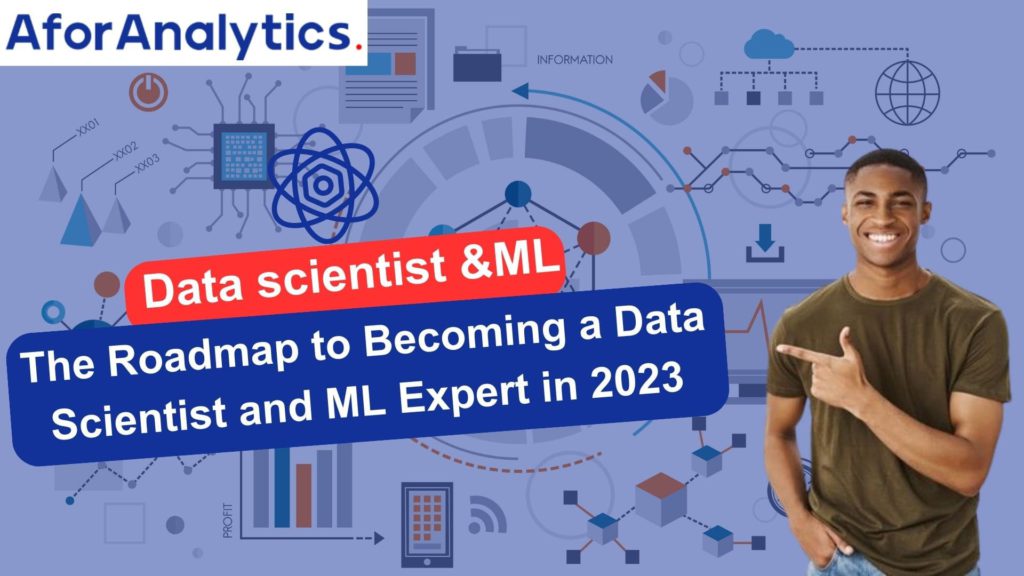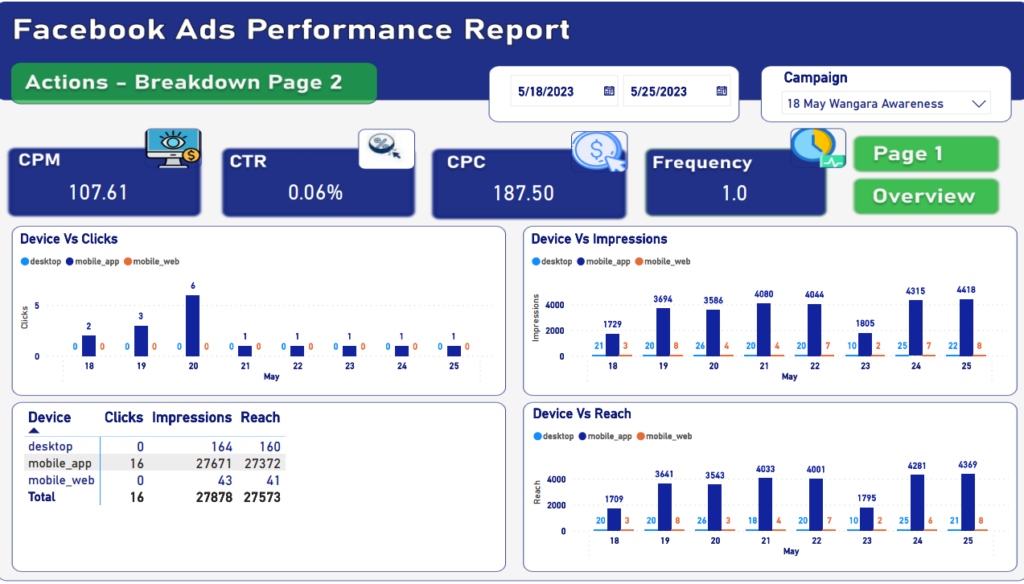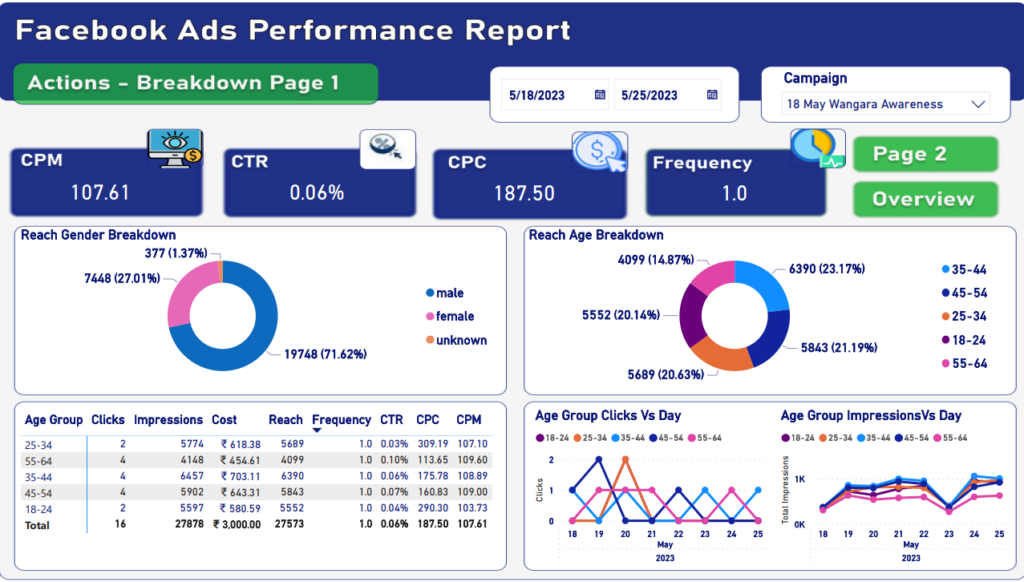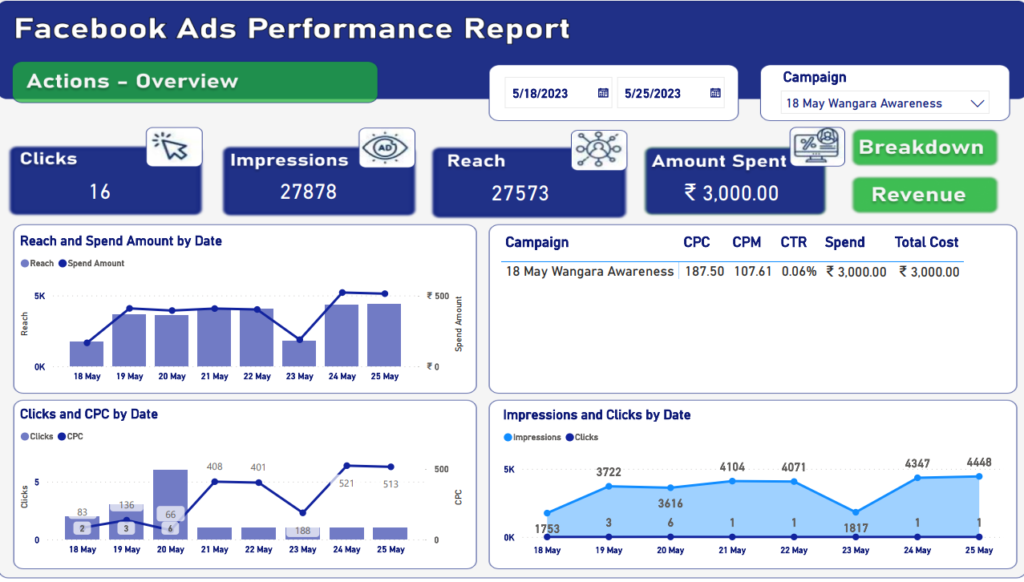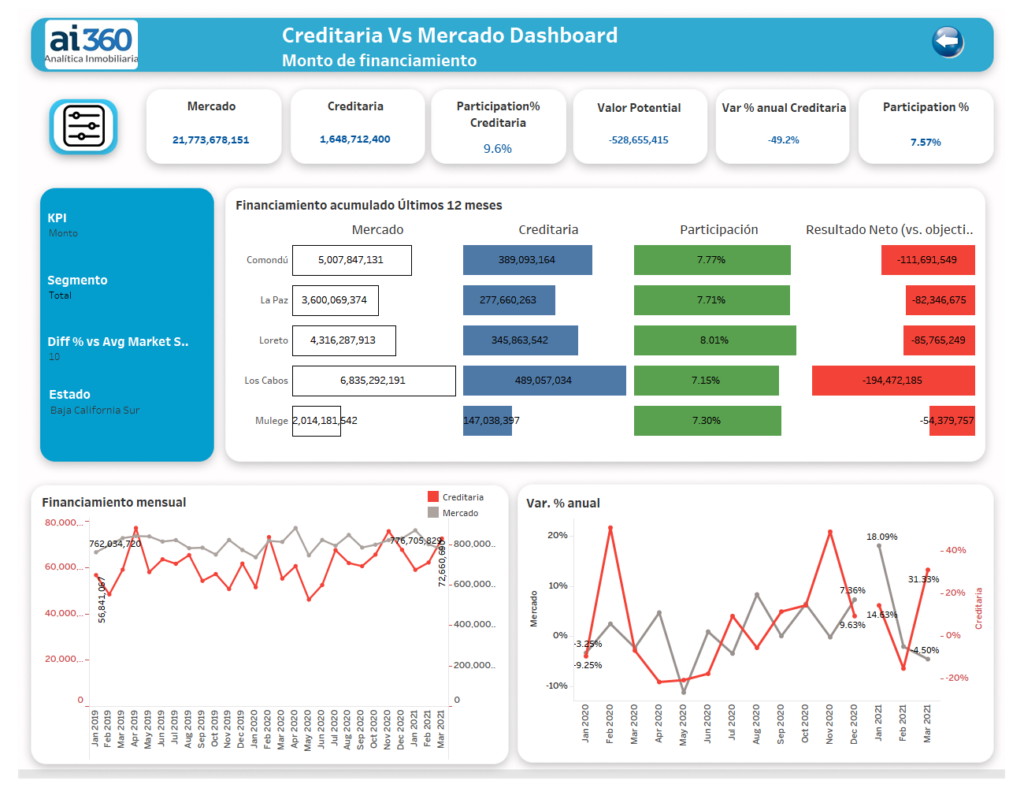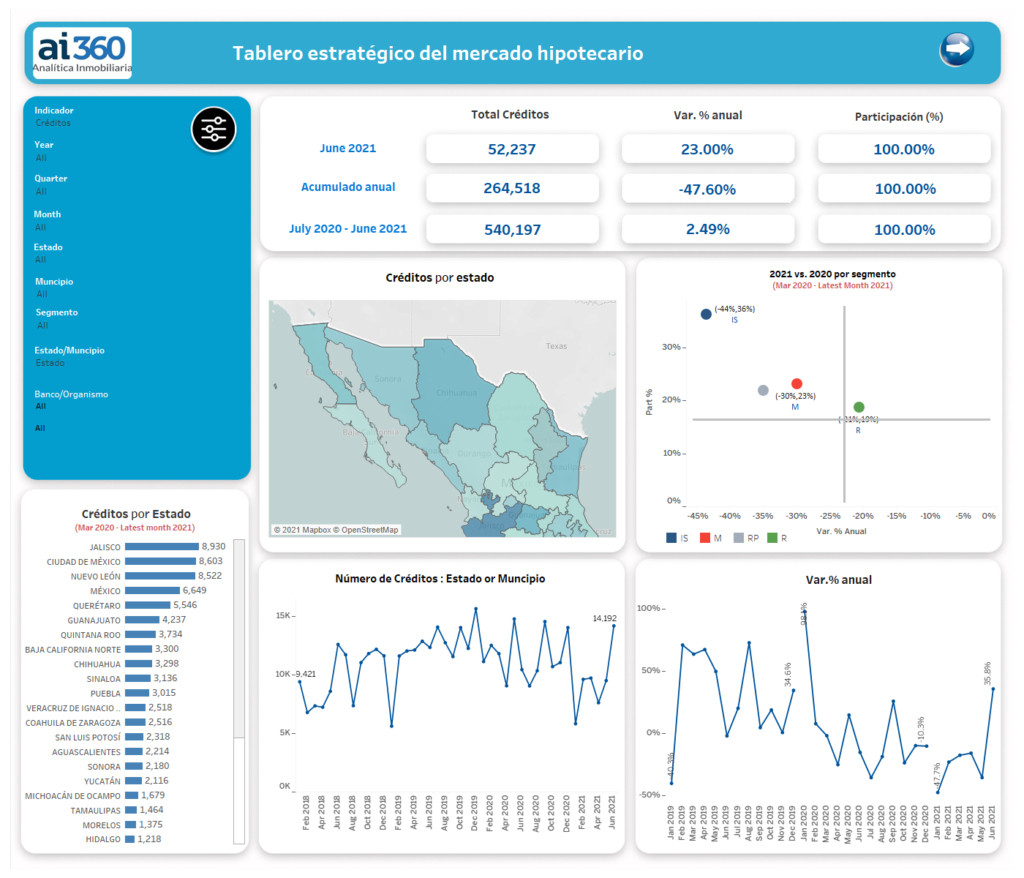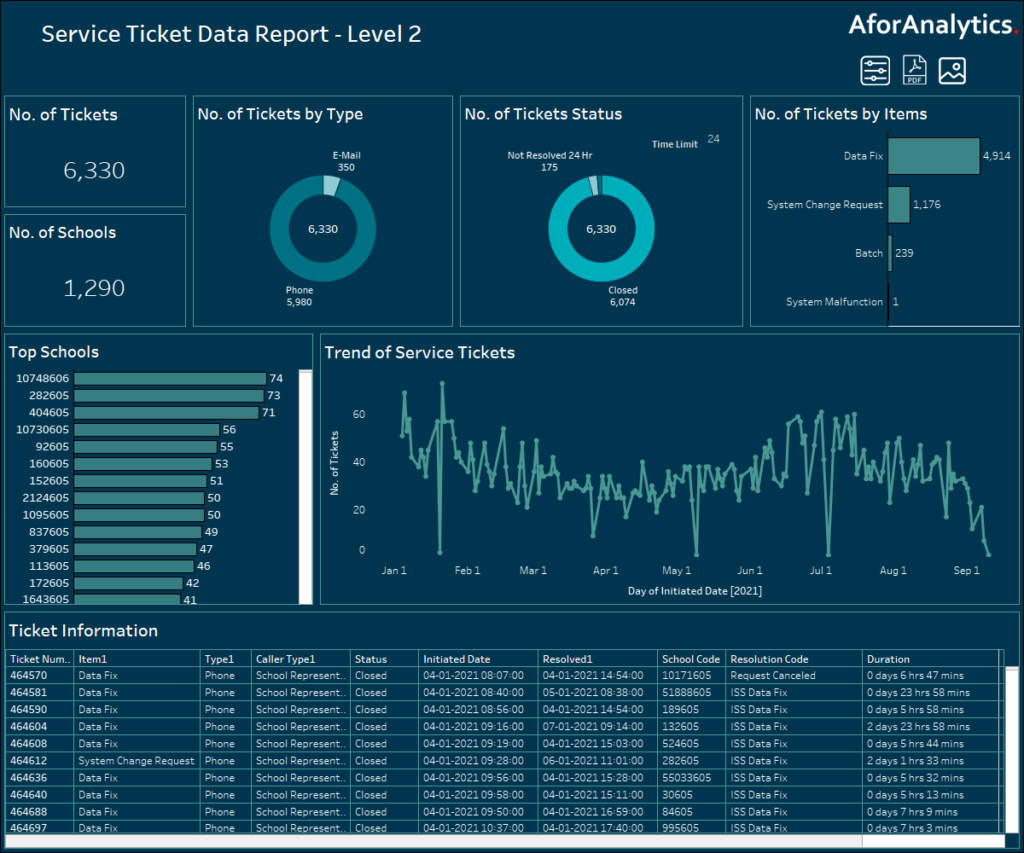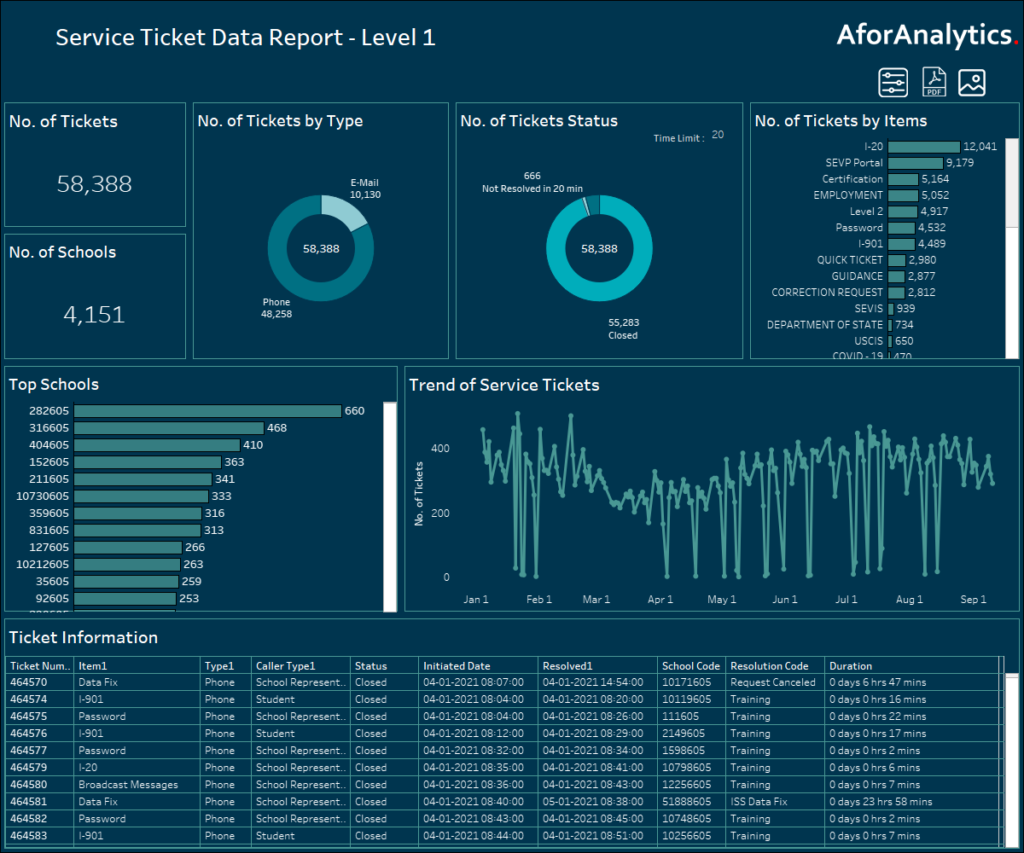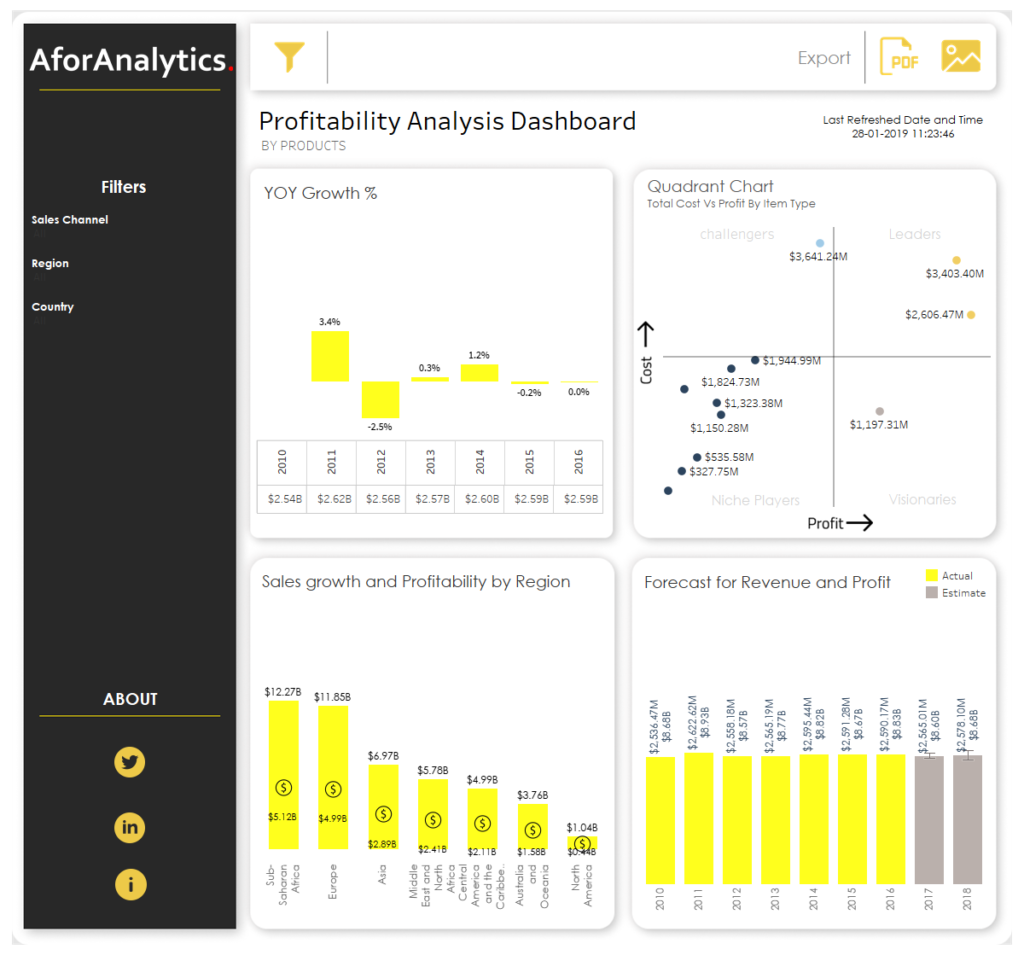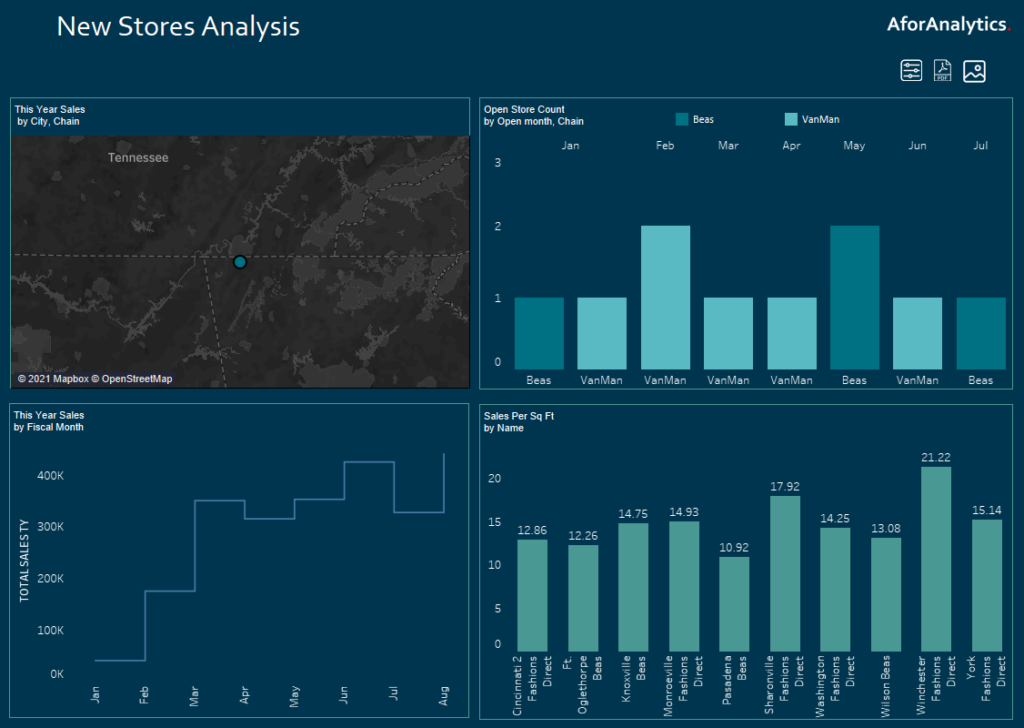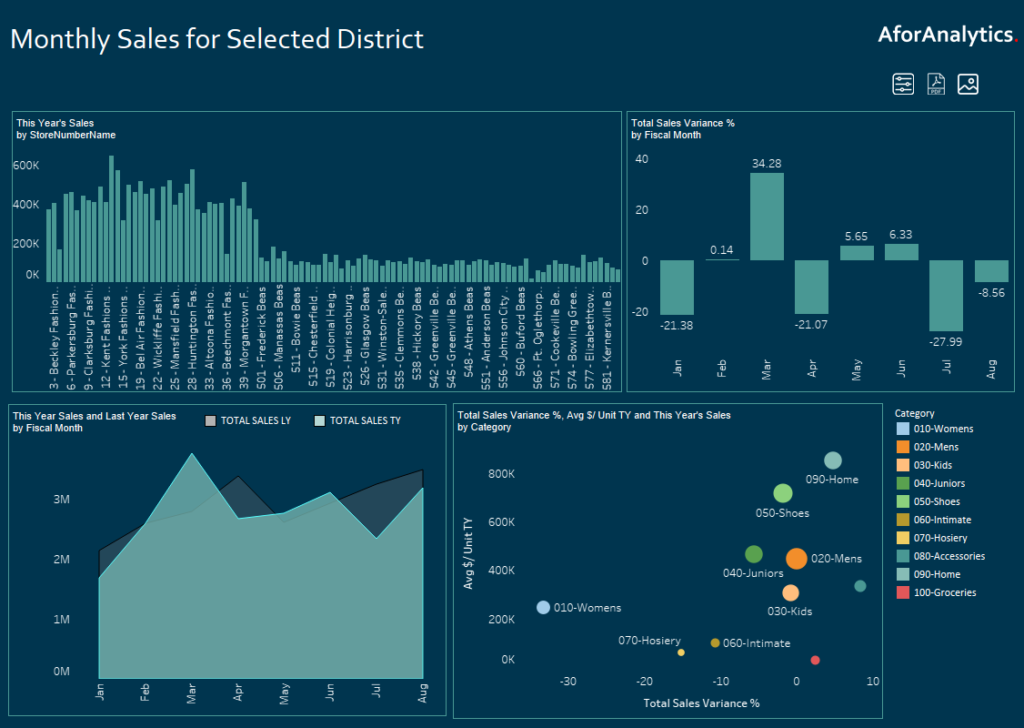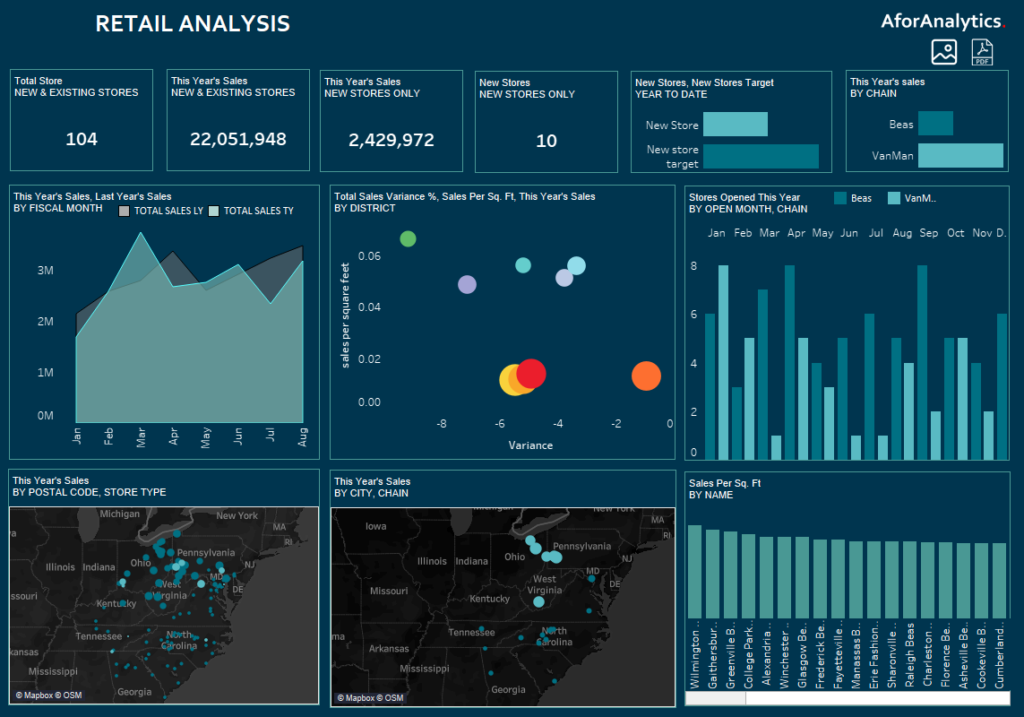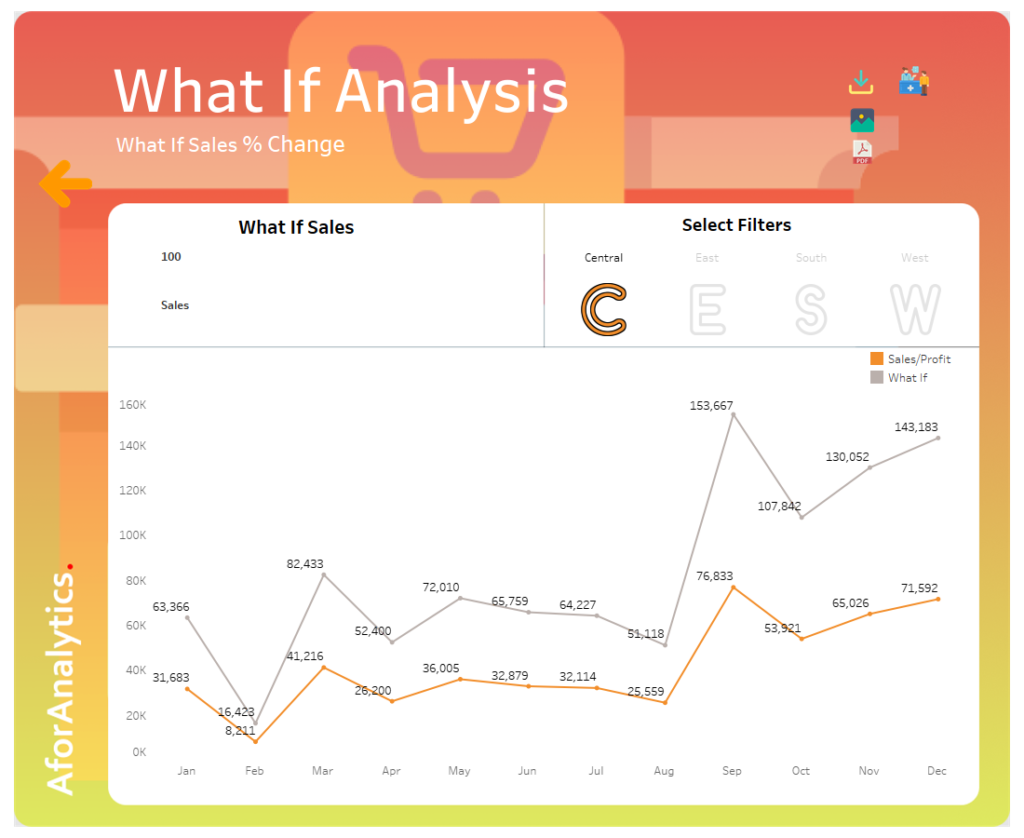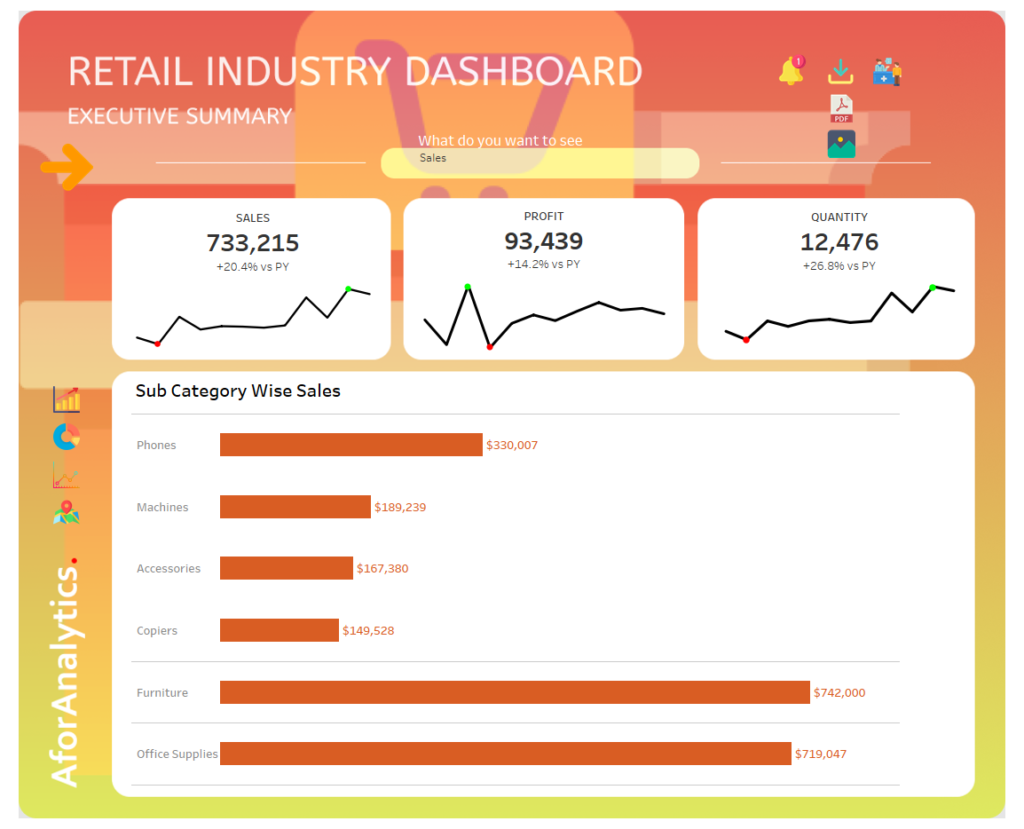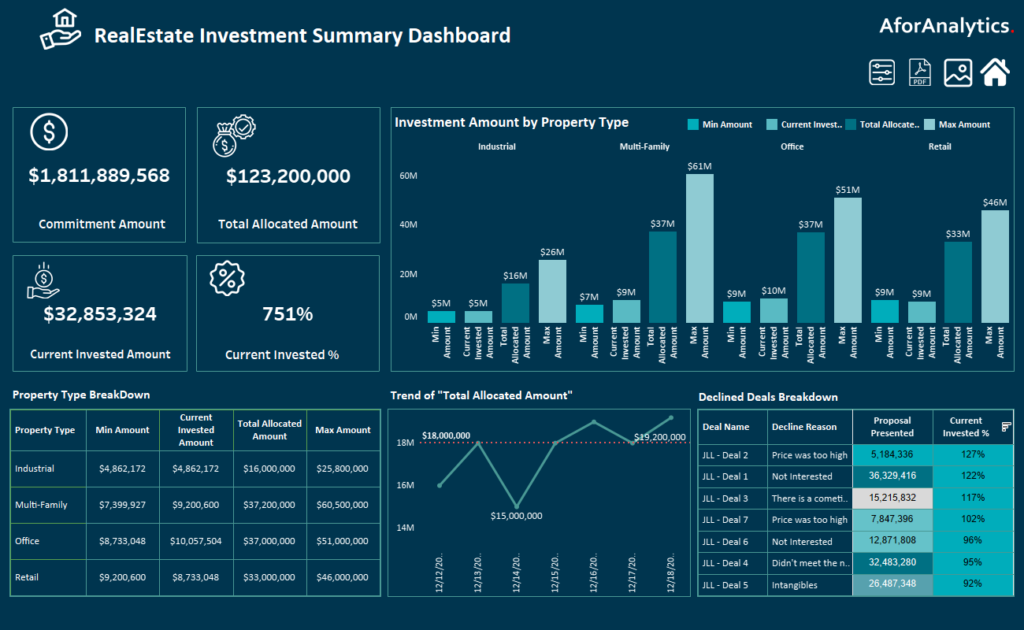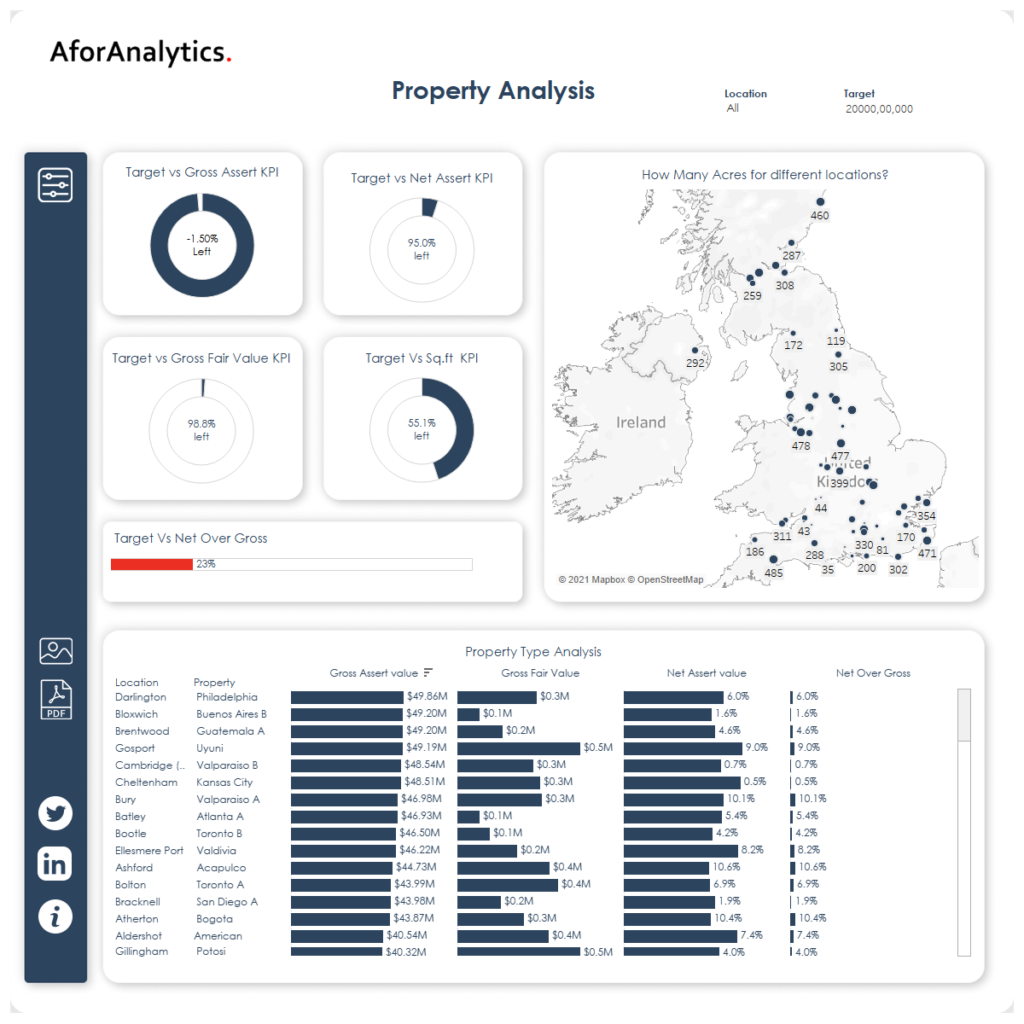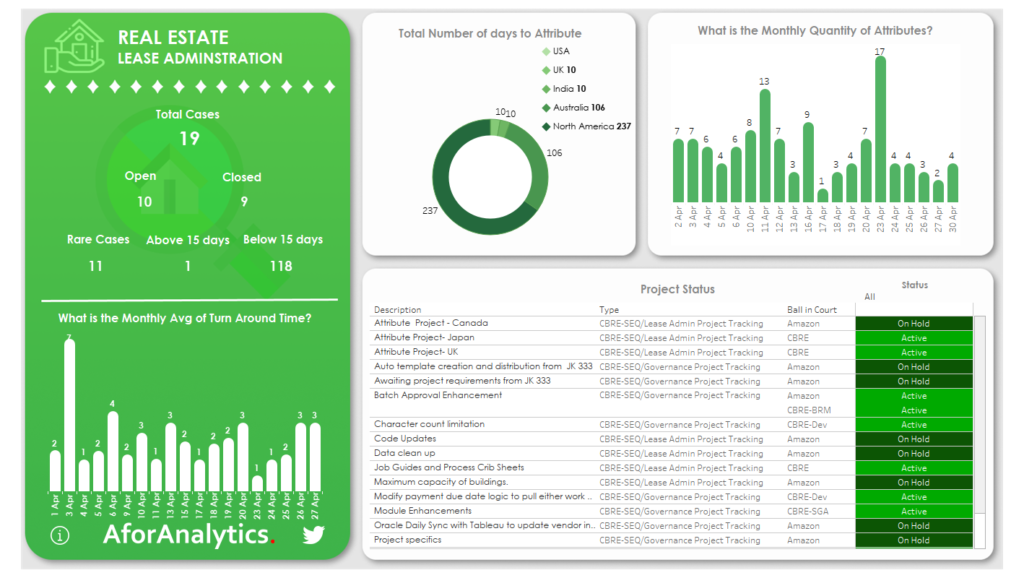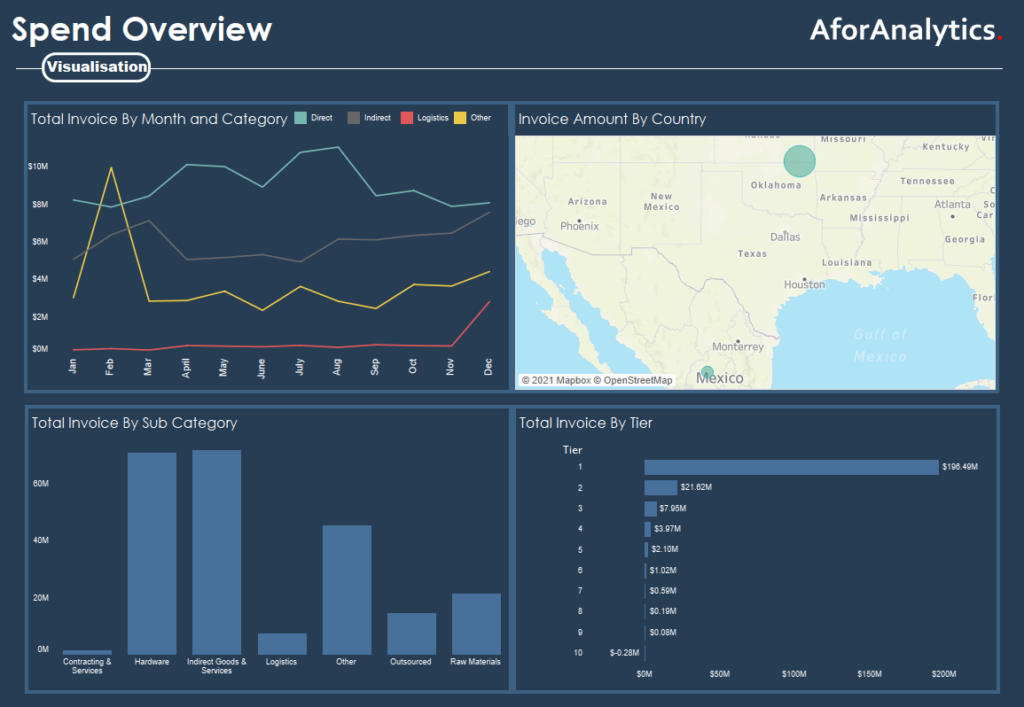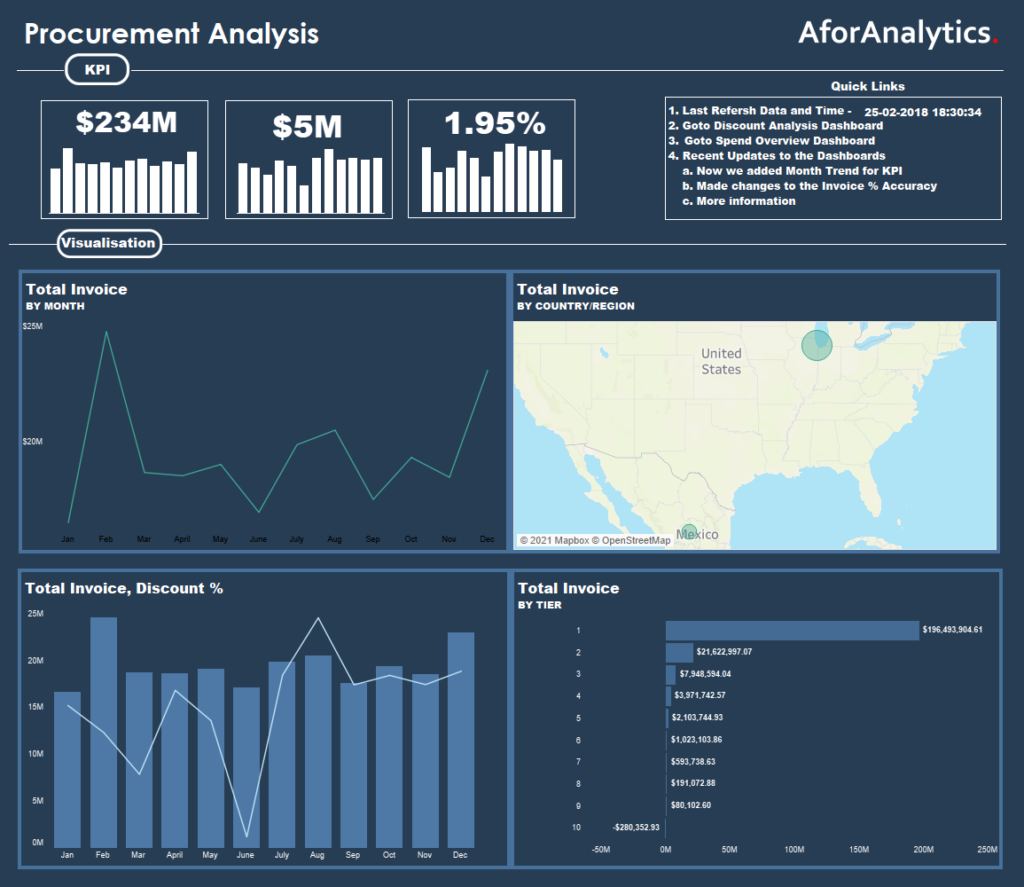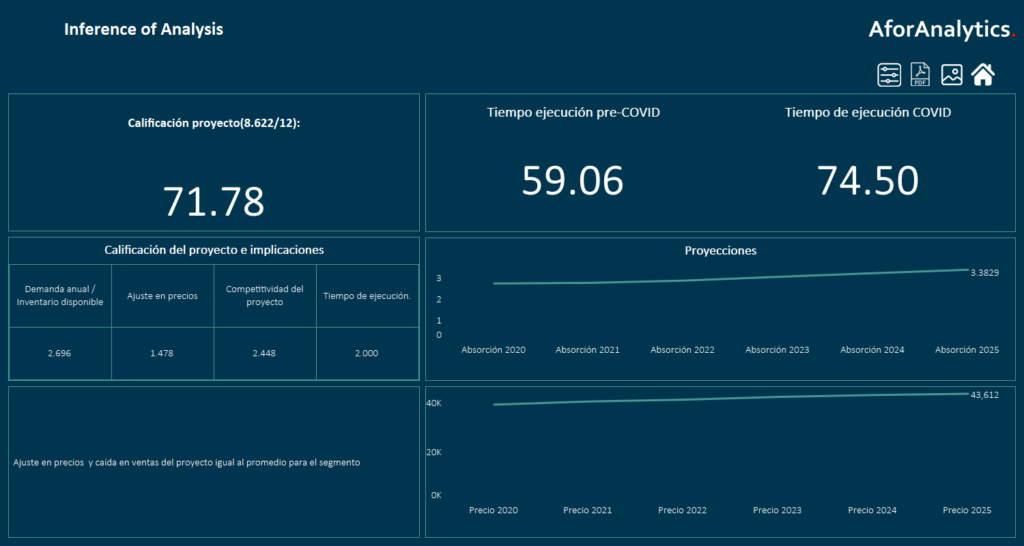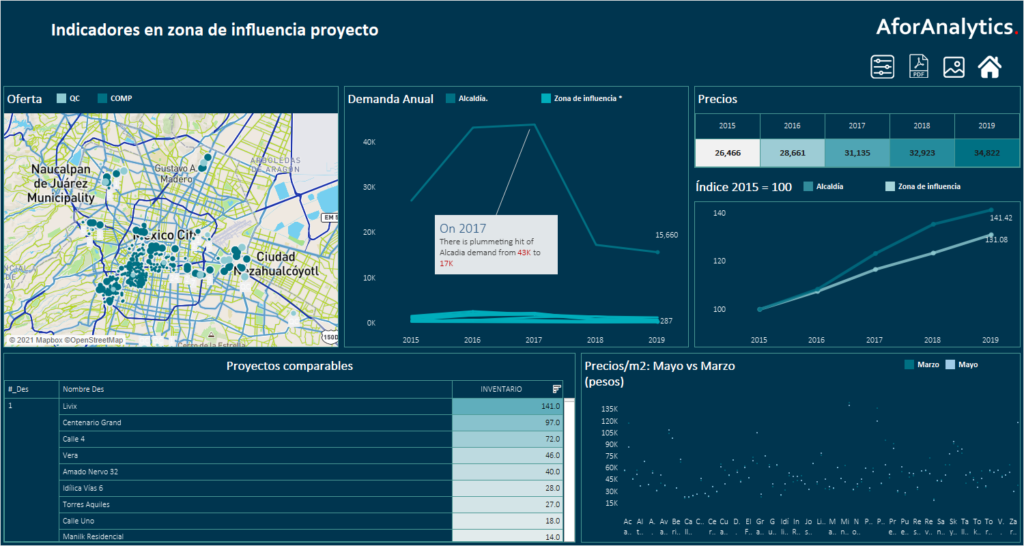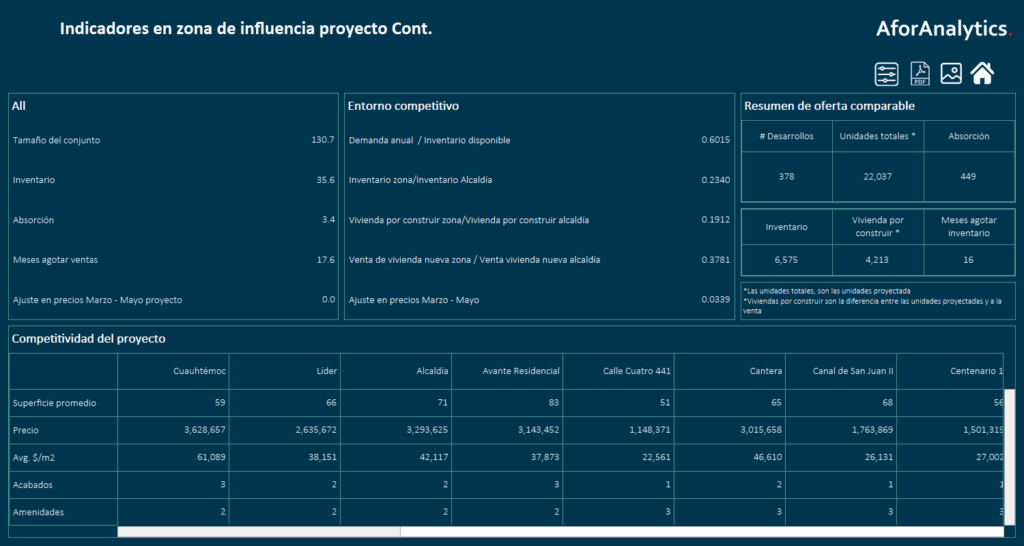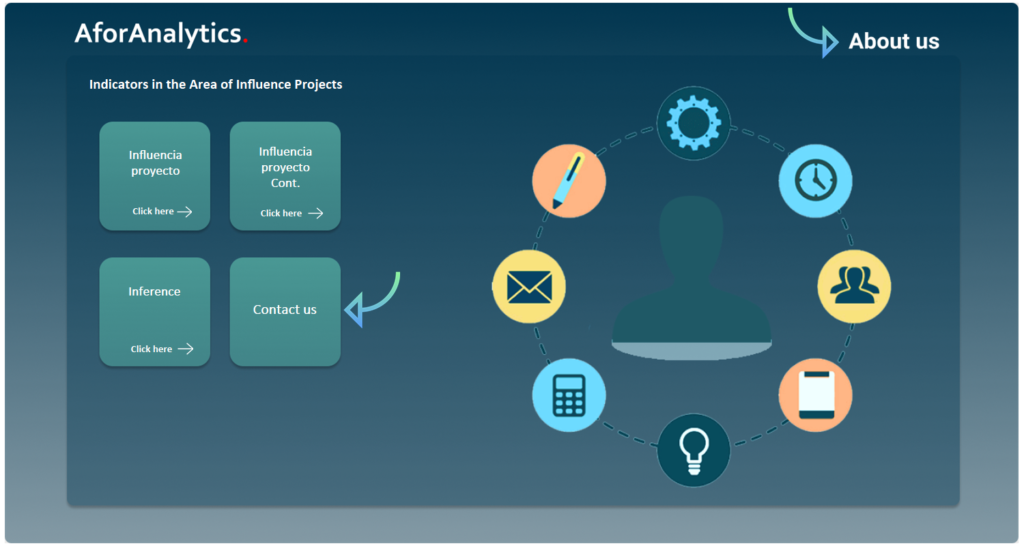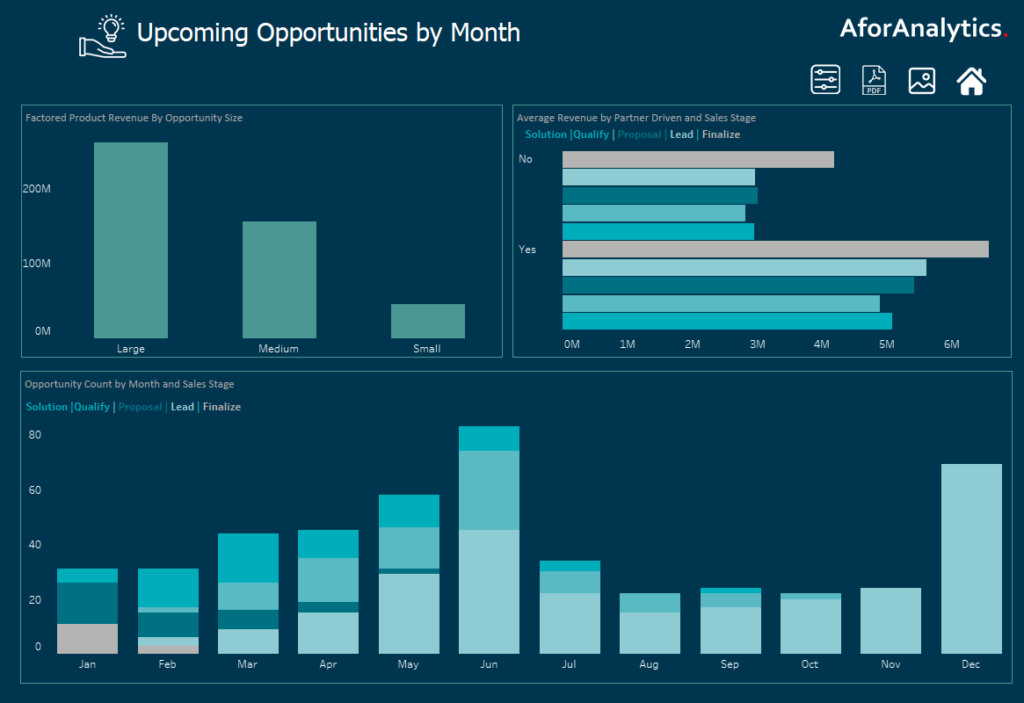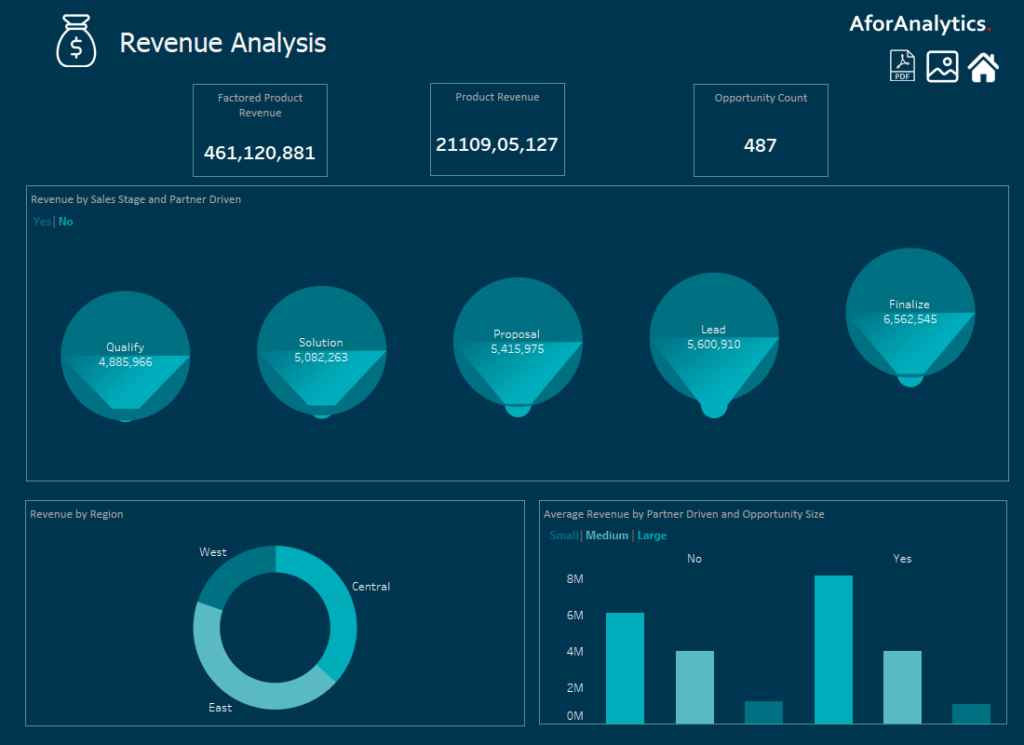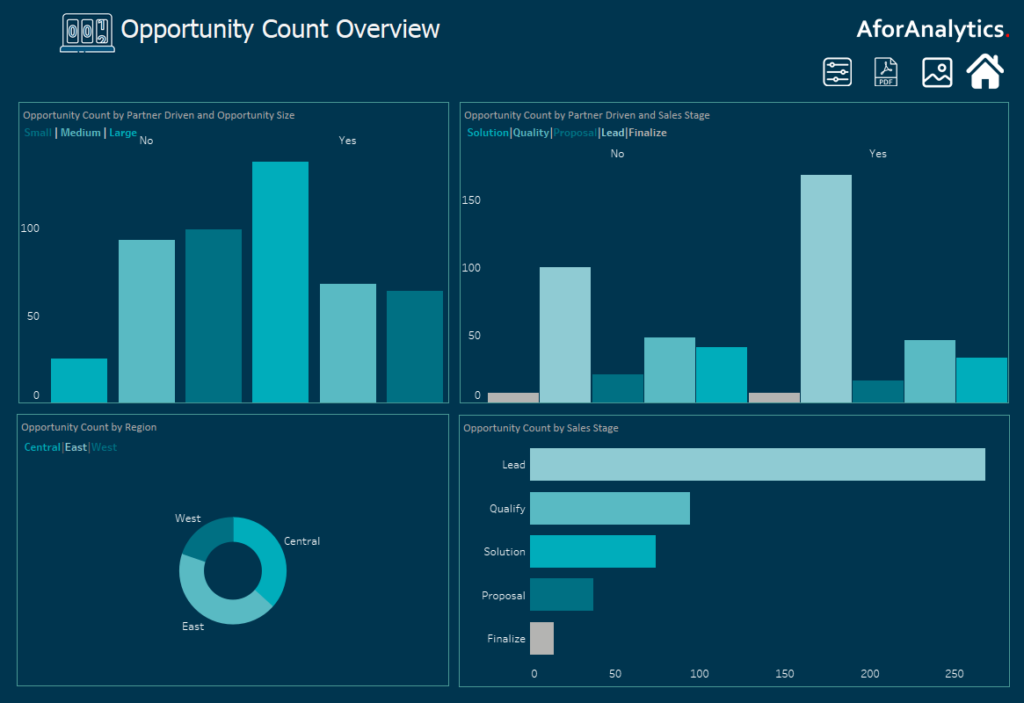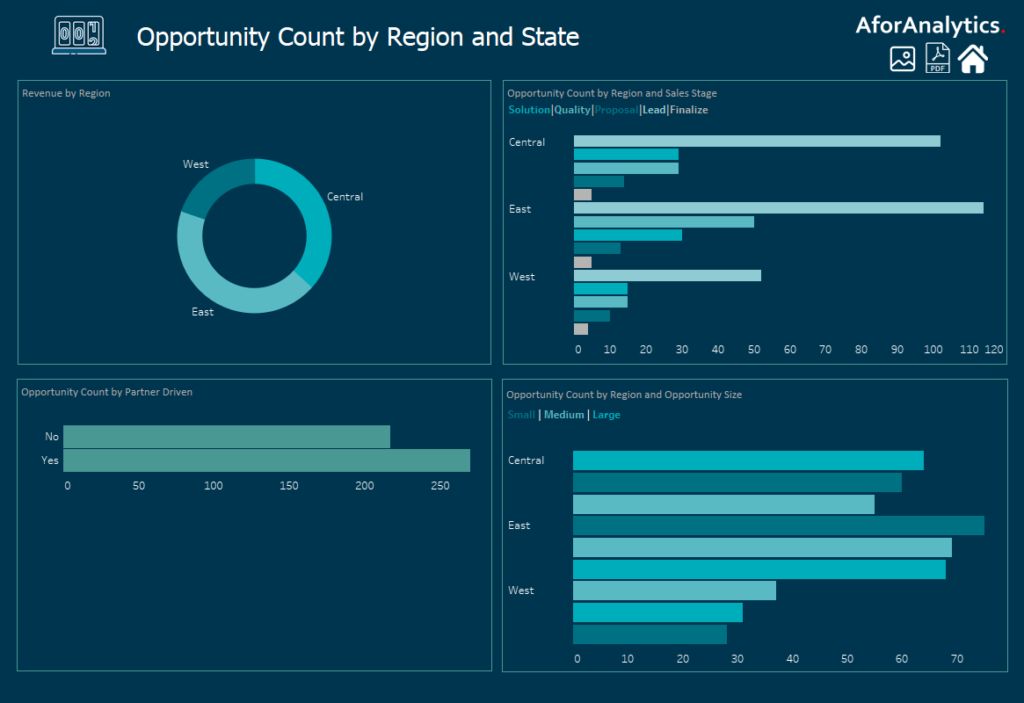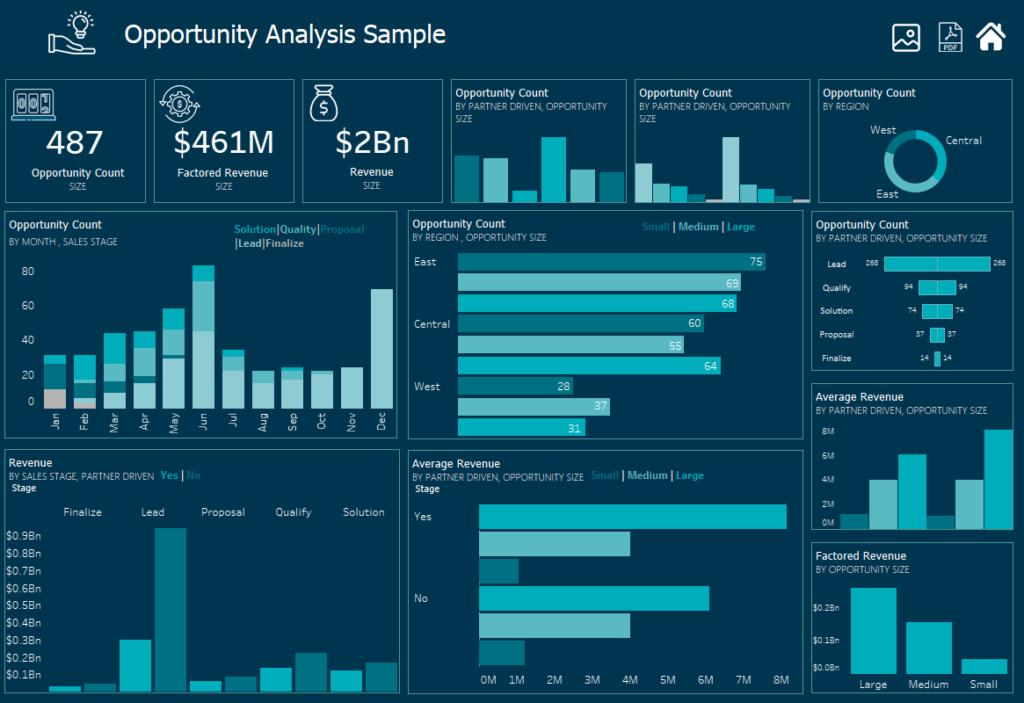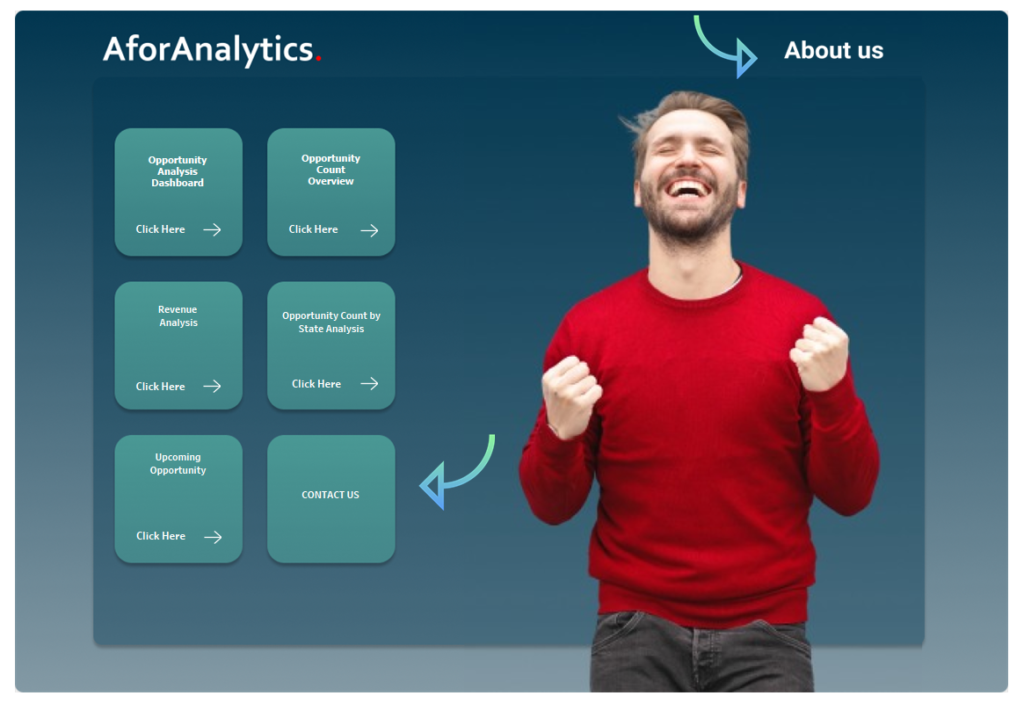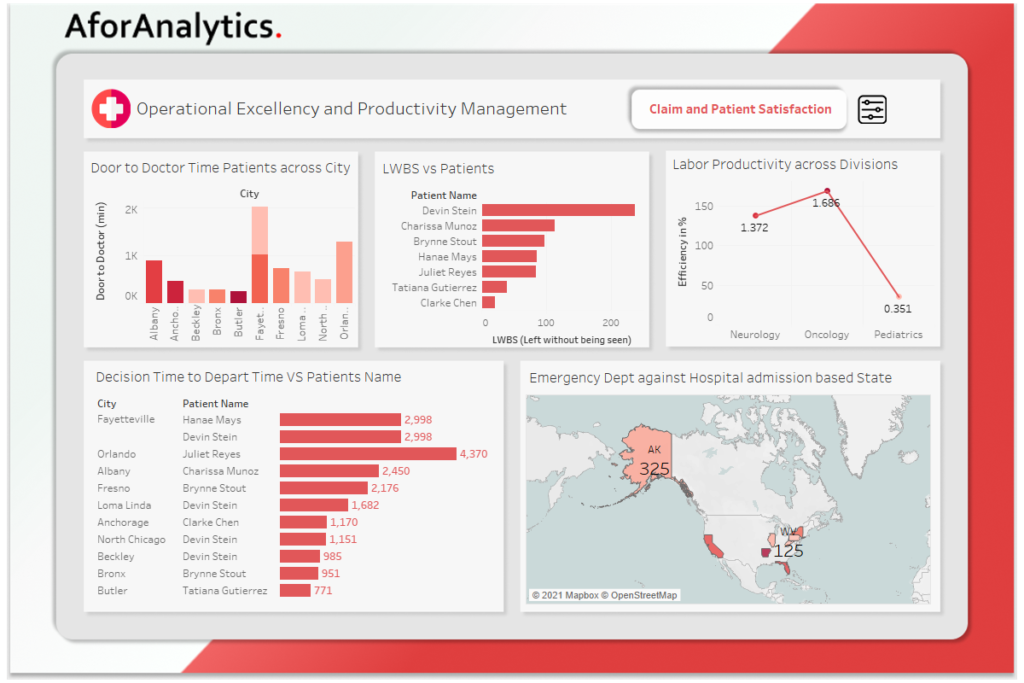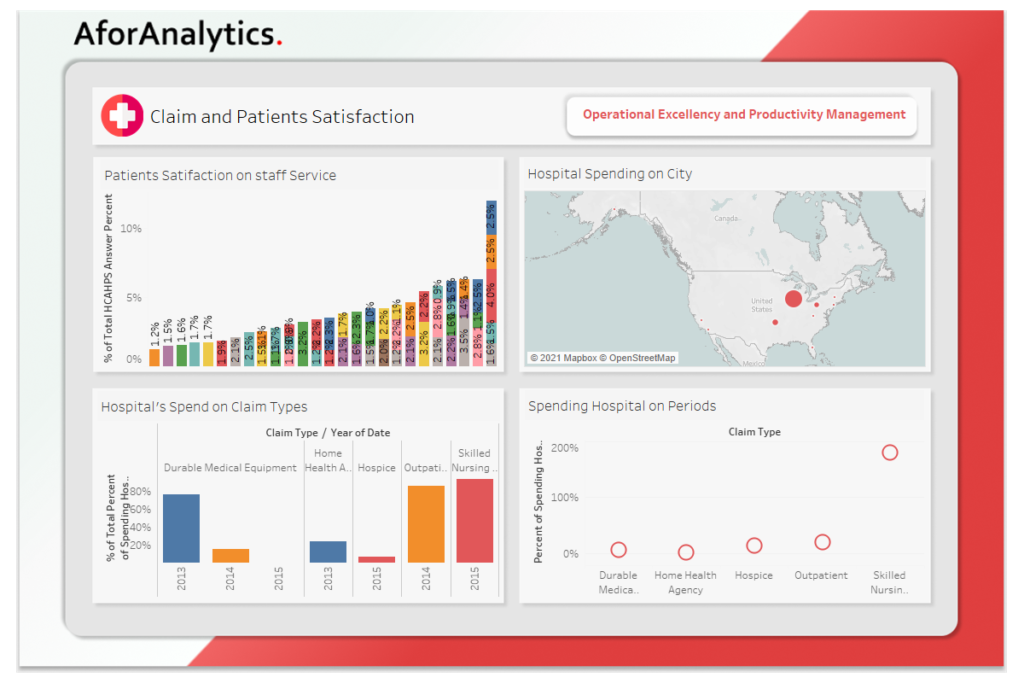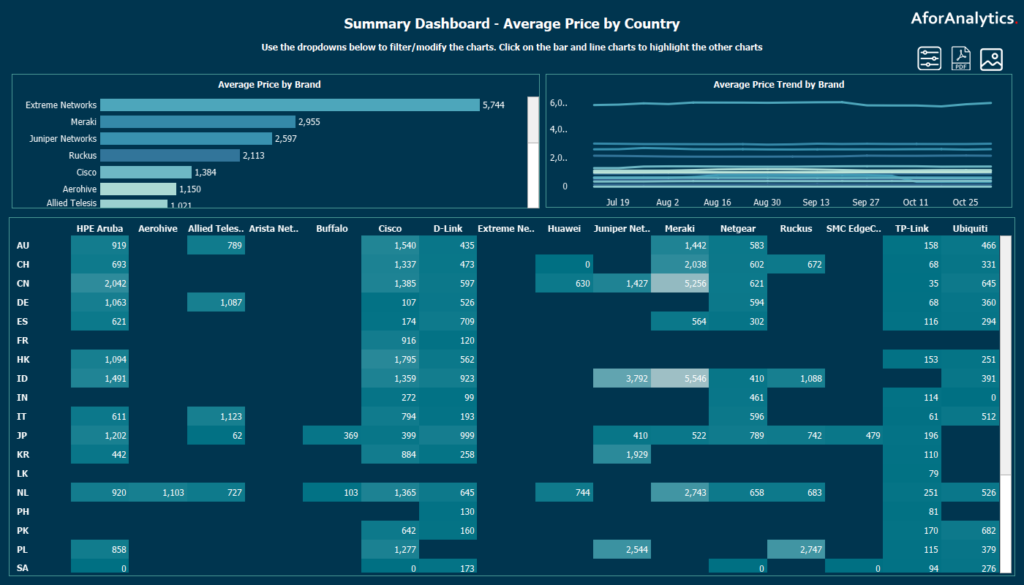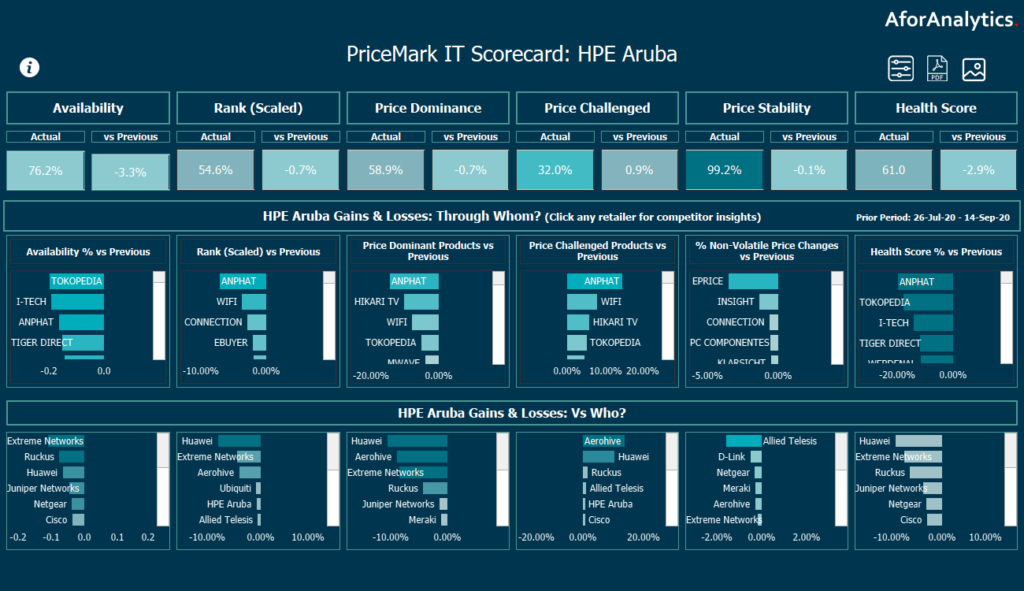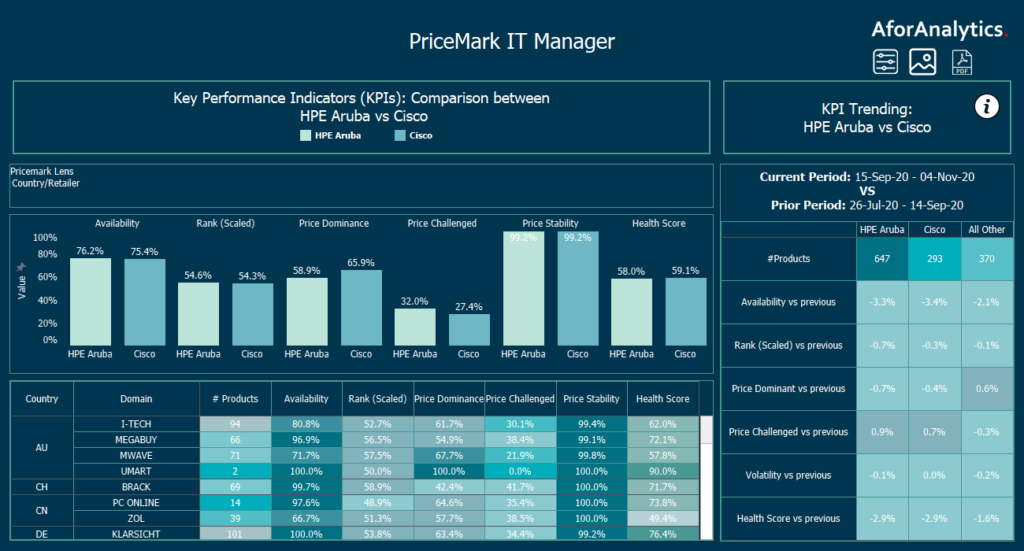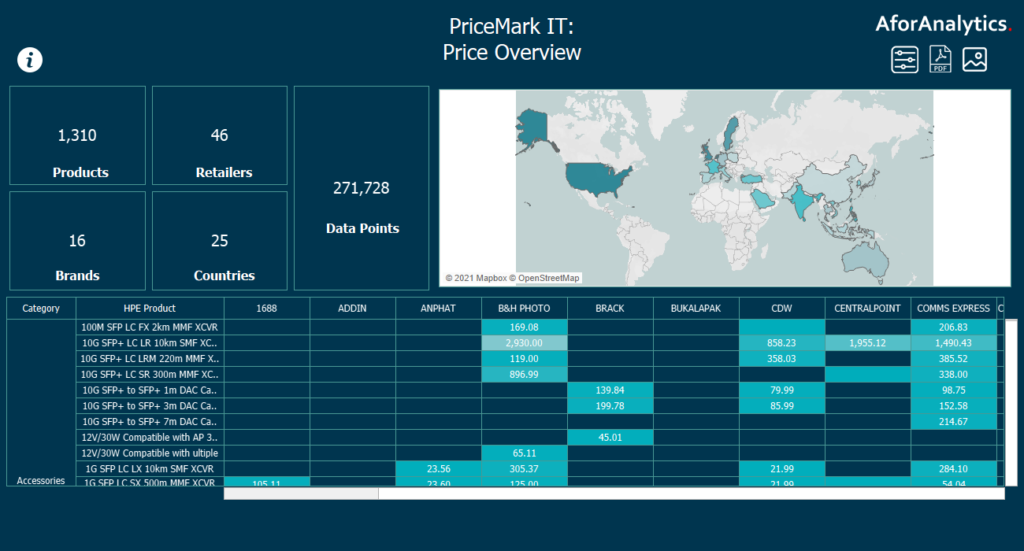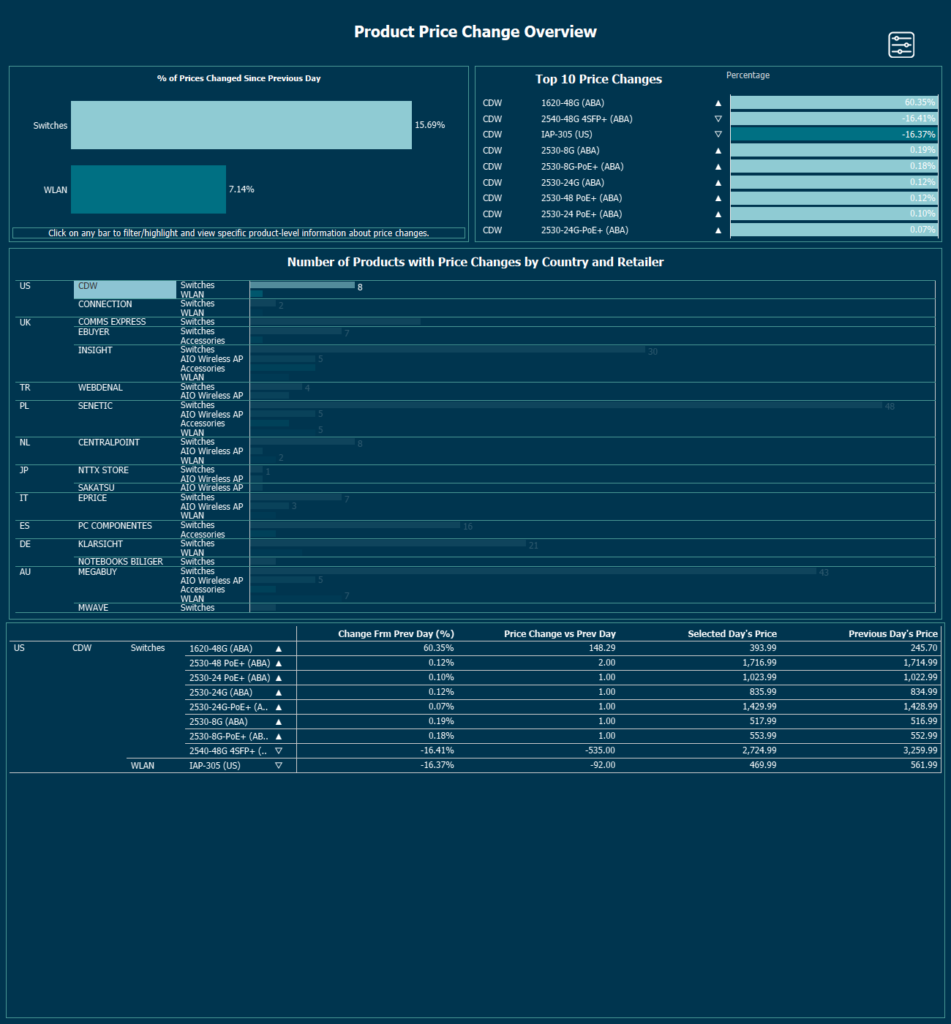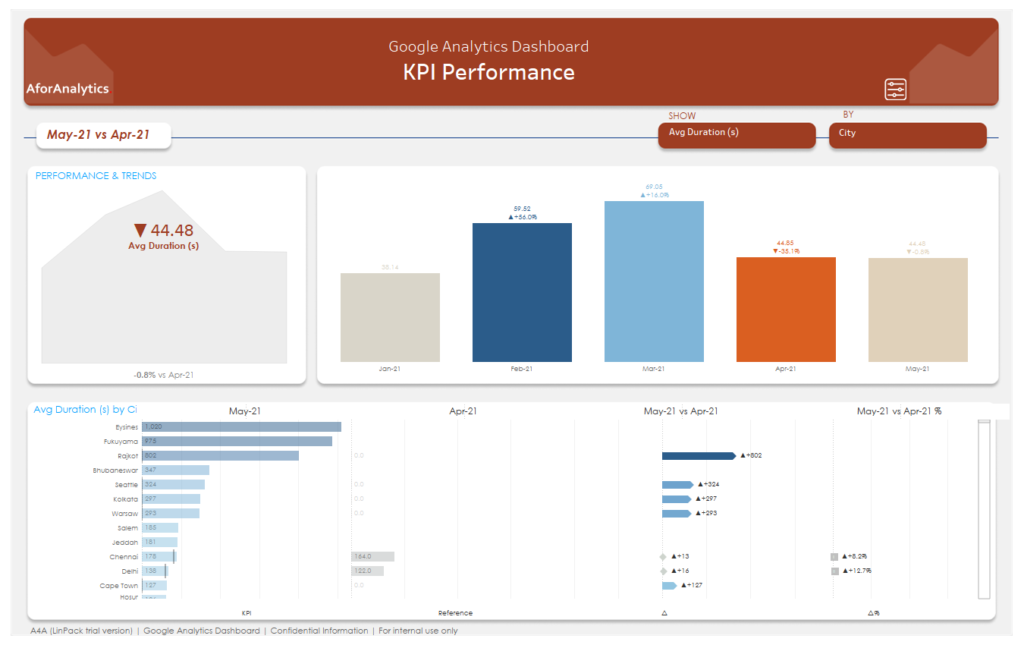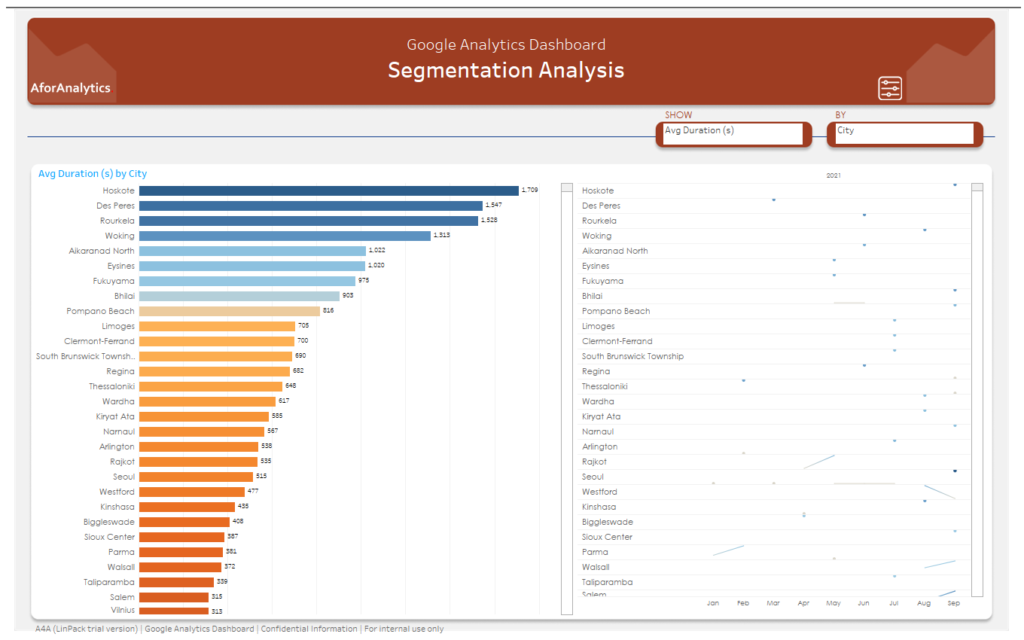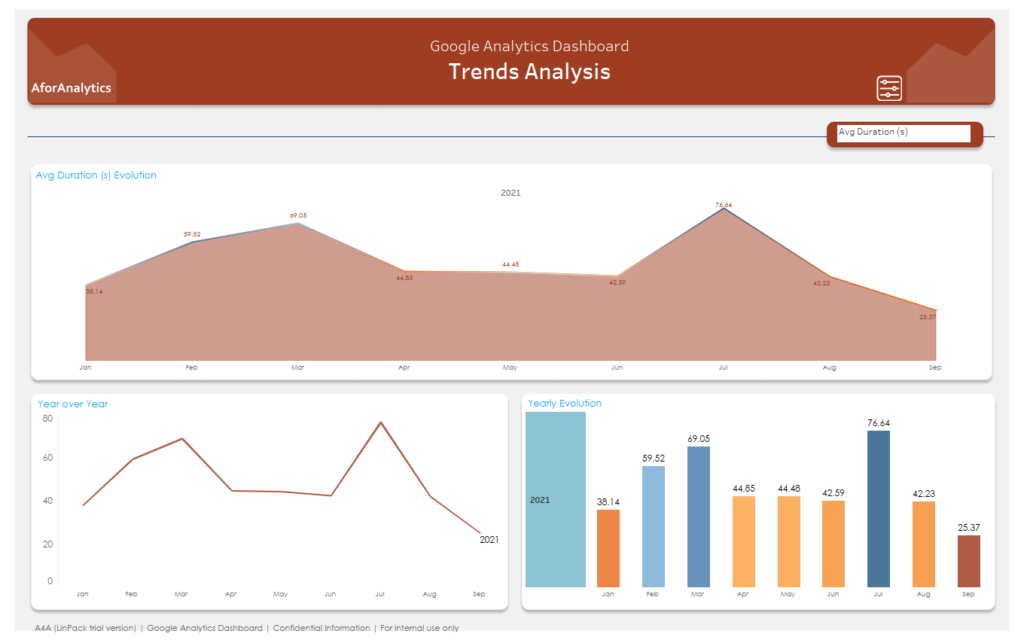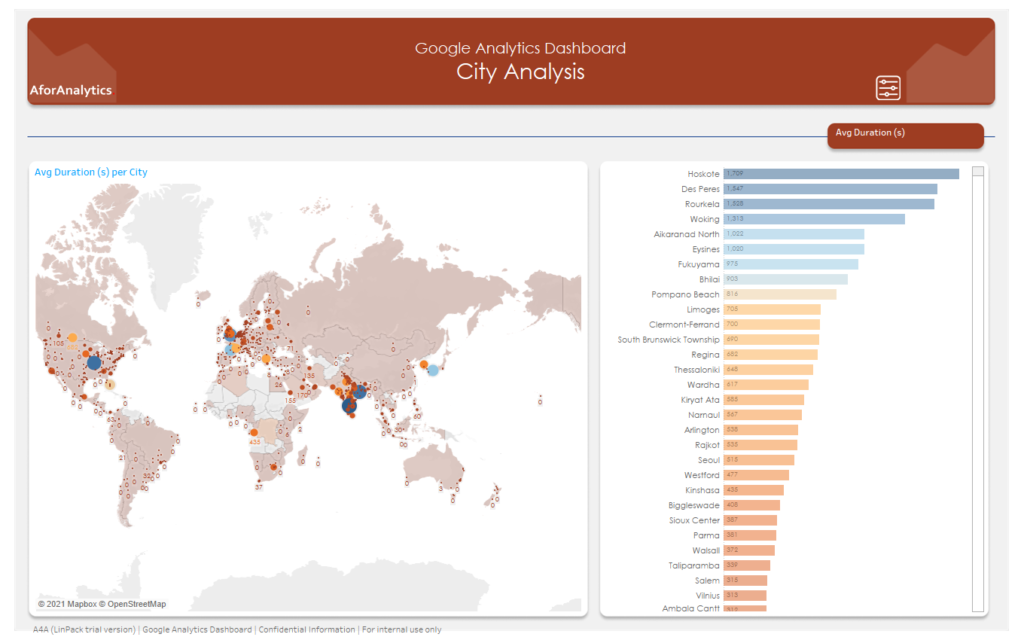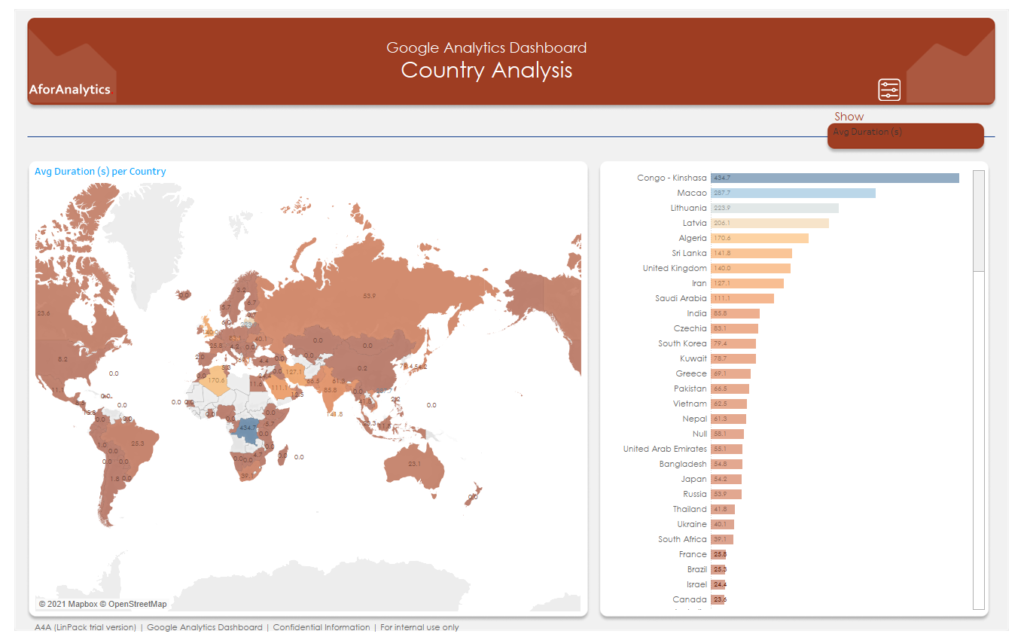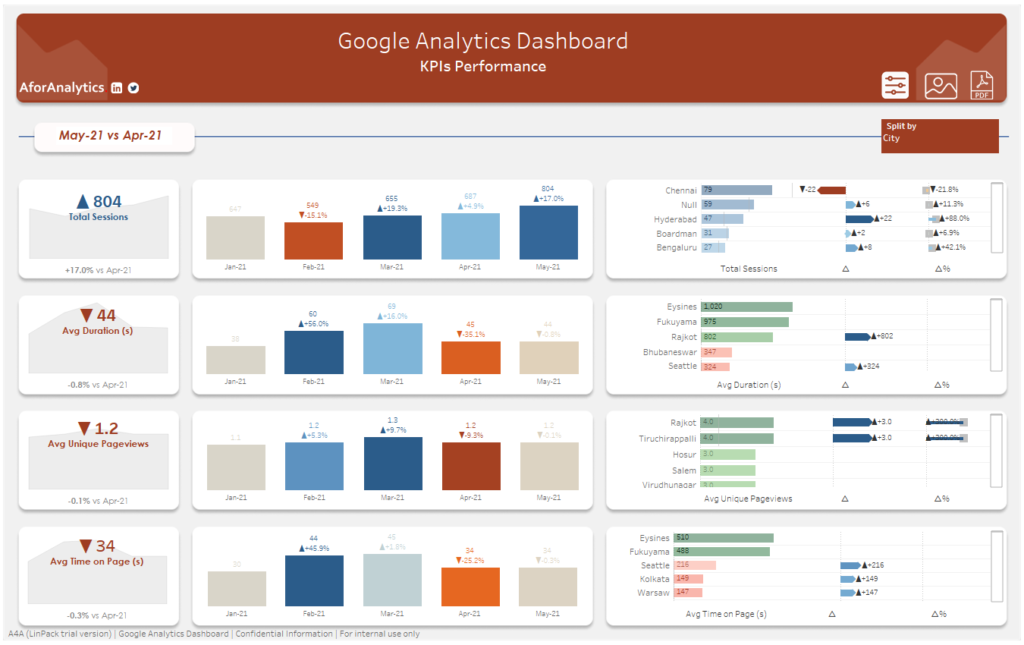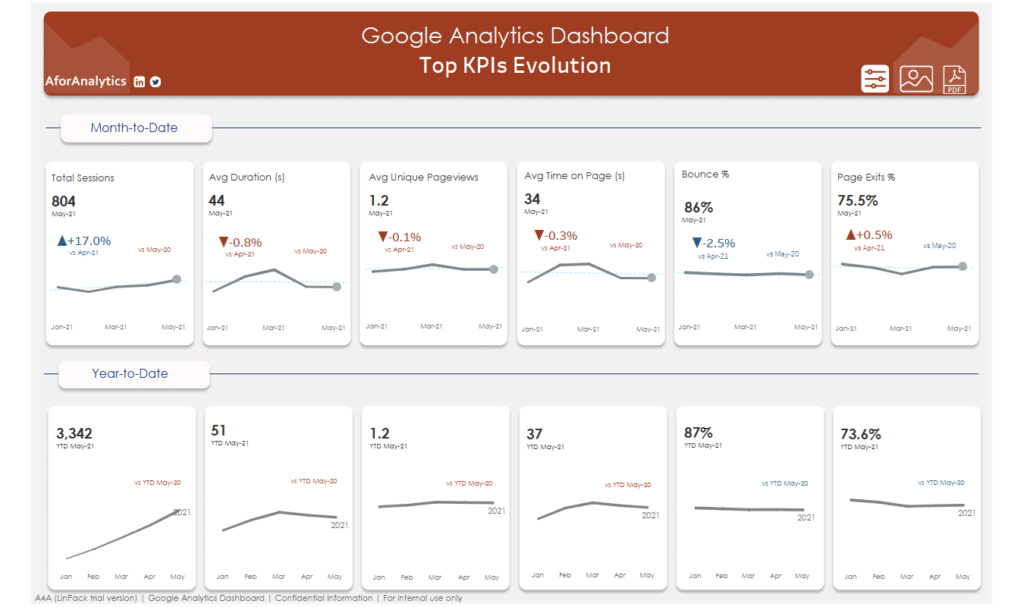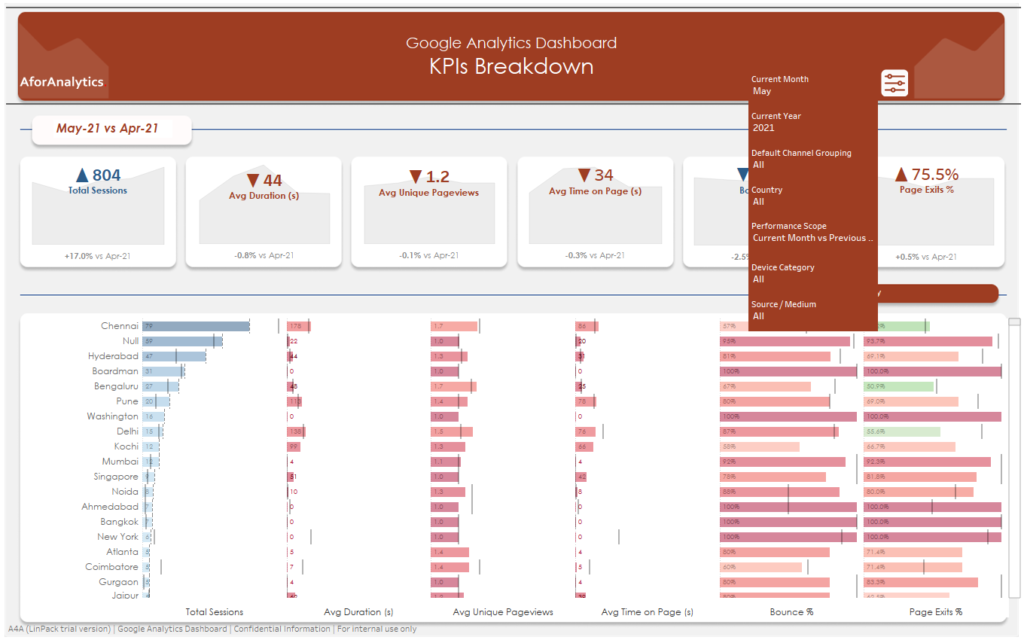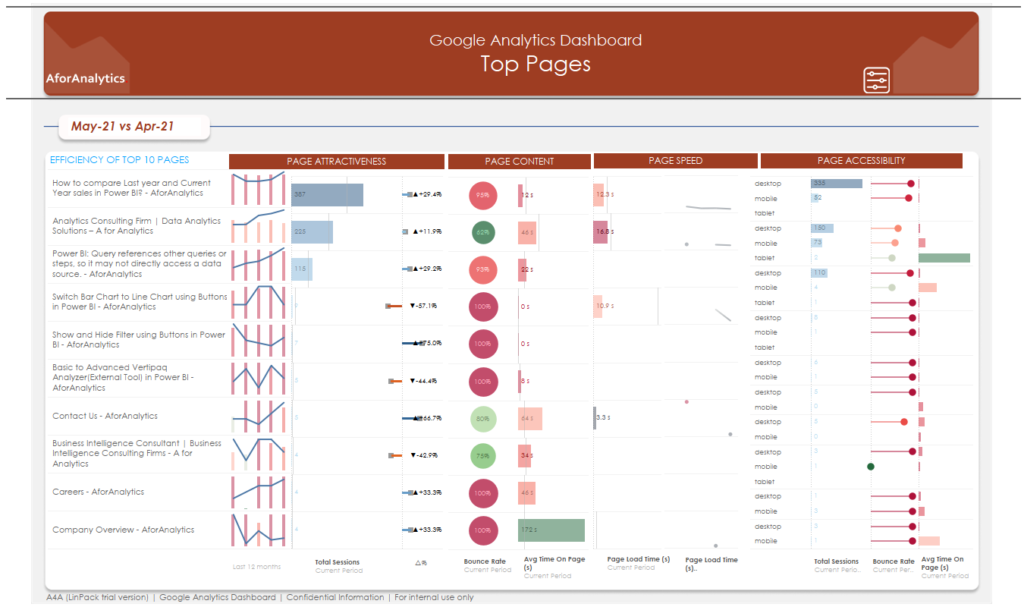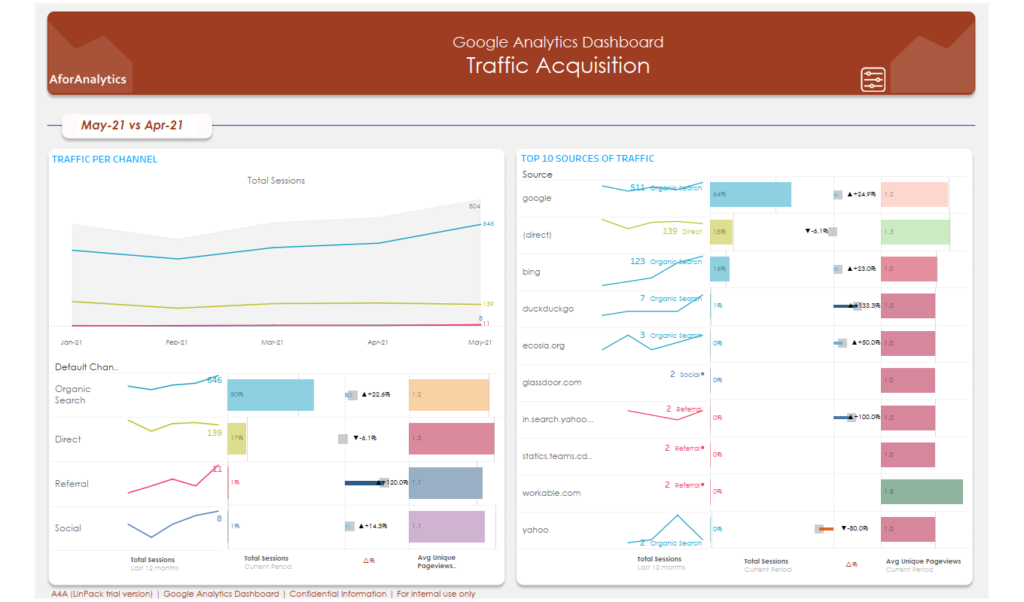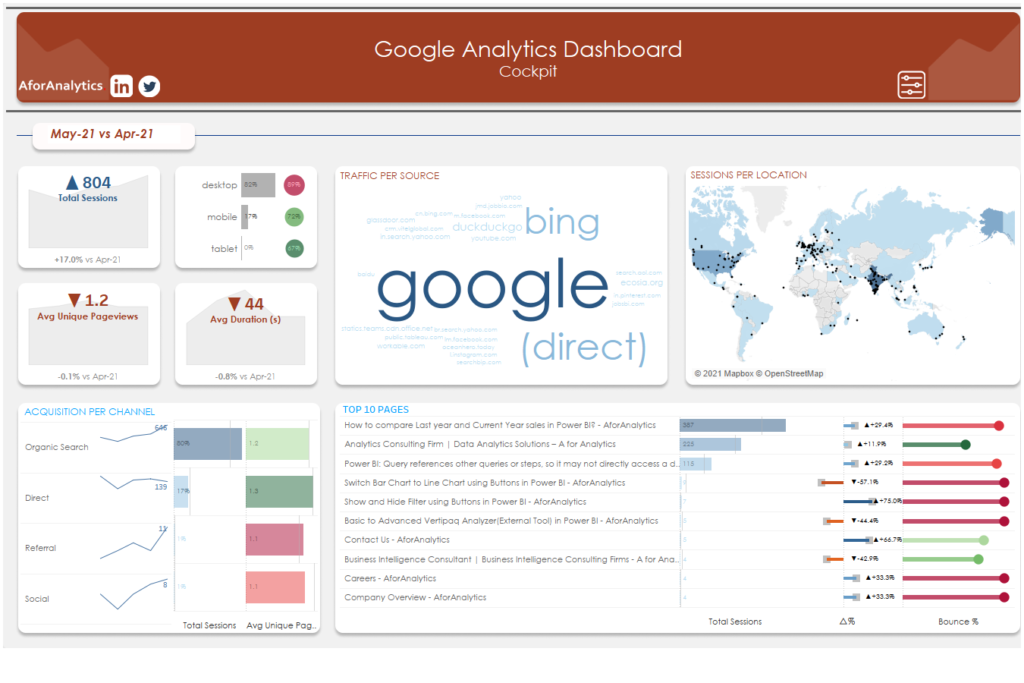Introduction:
- In the ever-evolving landscape of data science and machine learning, there is a growing demand for skilled professionals who can harness the power of data to drive insights and innovation. If you aspire to become a data scientist and machine learning expert in 2023, it is crucial to have a well-defined learning path that encompasses the essential skills and knowledge required in this field.
- In this blog, we will explore the comprehensive roadmap to help you achieve success, while incorporating important keywords such as data scientist, ML, Python for data science, R for data science, artificial intelligence and data science, data science and machine learning, Python libraries for data science, IBM Data Science, Learn bay Data Science, AI and data science, lead data scientist, and data science and data analytics.
1. Master the Fundamentals of Data Science:
- Begin by building a strong foundation in mathematics, statistics, and programming. Gain a solid understanding of linear algebra, calculus, probability, and statistics as they are crucial for data science.
- Familiarize yourself with programming languages such as Python, widely used in data science, and also R, a powerful tool for statistical analysis and visualization.
2. Understand the Basics of Data Science and Machine Learning:
- Acquire knowledge of essential concepts in data science such as exploratory data analysis (EDA), data preprocessing, and data visualization.
- Utilize Python libraries like Pandas and NumPy for efficient data manipulation and analysis.
- Explore supervised and unsupervised learning algorithms in machine learning, and understand their applications in various domains.
3. Dive Deeper into Machine Learning:
- Expand your knowledge of machine learning techniques and algorithms. Delve into regression, classification, clustering, and dimensionality reduction.
- Understand how to apply these algorithms using Python libraries like scikit-learn and TensorFlow.
- Stay up-to-date with advancements in the field by exploring deep learning, neural networks, and natural language processing (NLP).
4. Embrace Big Data Technologies and Tools:
- With the increasing volume of data, it is essential to learn big data technologies such as Apache Hadoop and Apache Spark.
- Understand how to handle and process large-scale datasets efficiently. Explore cloud platforms like AWS, Google Cloud, or Azure for scalable data processing and storage.
- Enhance your skills in distributed computing frameworks to tackle real-world big data challenges.
5. Data Visualization and Communication:
- Develop expertise in data visualization to effectively present insights and findings.
- Utilize Python libraries like Matplotlib, Seaborn, and Tableau to create visually appealing and informative visualizations.
- Learn the art of storytelling with data to communicate complex concepts to both technical and non-technical audiences.
6. Engage in Real-world Projects and Case Studies:
- Apply your knowledge and skills to real-world projects and case studies. Work on industry-relevant problems to gain practical experience and build a strong portfolio.
- Participate in data science competitions and hackathons to test your abilities and learn from the data science community.
- Explore platforms like Kaggle to challenge yourself and stay updated with the latest trends.
7. Life long Learning and Networking:
- To excel in the field of data science, embrace lifelong learning. Stay curious and continuously upgrade your skills by reading research papers, following industry blogs, and participating in online courses.
- Engage with the data science community through forums, social media platforms, and networking events to connect with professionals and share knowledge.
Conclusion:
- Becoming a data scientist and machine learning expert in 2023 requires a dedicated approach to learning, continuous improvement, and practical application of skills.
- By following this comprehensive roadmap and incorporating the important keywords such as data scientist, ML, Python for data science, R for data science, artificial intelligence and data science, data science and machine learning, Python libraries for data science, IBM Data Science, Learn bay Data Science, AI and data science, lead data scientist, and data science and data analytics, you will be well-equipped to navigate the exciting and evolving field of data science.
- Remember to stay curious, seek new challenges, and leverage the vast resources available to succeed in this promising domain.

